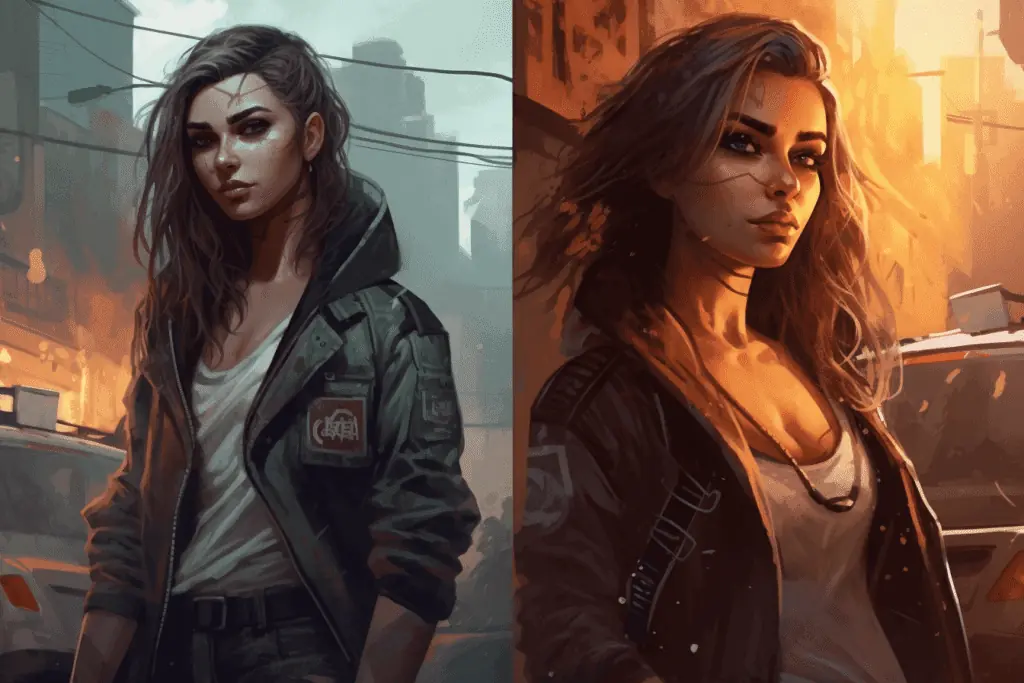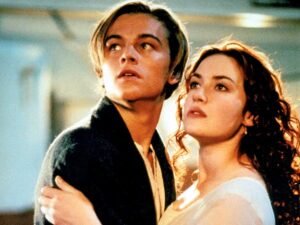Antiheroes have become a defining feature of urban fantasy fiction, offering readers complex, morally ambiguous characters that challenge traditional hero archetypes. These protagonists, often flawed and unconventional, bring a fresh perspective to the genre, blending the magical with the mundane in unique ways. This article explores the appeal of antiheroes in urban fantasy, examining their characteristics, the impact on storytelling, and their resonance with readers.

Characteristics of Antiheroes
Moral Ambiguity
Antiheroes are defined by their moral ambiguity. Unlike traditional heroes who adhere to clear ethical standards, antiheroes often operate in a grey area, making decisions that can be both heroic and morally questionable. This complexity makes them intriguing and relatable, as readers see them navigate the challenges of their world with conflicting motivations.
Flawed Personalities
Antiheroes are typically characterized by significant personal flaws or imperfections. Whether it’s a troubled past, addiction, or a cynical outlook, these flaws make them more human and less idealized than conventional heroes. Their imperfections add depth and realism, allowing readers to connect with their struggles and growth.
Unconventional Methods
Antiheroes often use unconventional or unorthodox methods to achieve their goals. They may disregard traditional rules, employ morally ambiguous tactics, or operate outside the law. This unpredictability keeps readers engaged and adds a dynamic element to the story, as antiheroes navigate the magical and mundane worlds in untraditional ways.
The Role of Antiheroes in Urban Fantasy
Blending the Magical with the Mundane
Antiheroes in urban fantasy fiction frequently embody the clash between the magical and mundane worlds. Their complex personalities and morally grey actions highlight the tension between the extraordinary and the ordinary, making the integration of magical elements into contemporary settings more engaging. This blending creates a rich, multi-layered narrative that explores the intersection of fantasy and reality.
Driving Conflict and Tension
The presence of an antihero often drives conflict and tension within the story. Their internal struggles, moral dilemmas, and unconventional methods can create friction with other characters and influence the plot’s progression. This constant push and pull adds depth to the narrative and keeps readers invested in the outcome.
Exploring Complex Themes
Antiheroes allow urban fantasy fiction to explore complex themes such as redemption, justice, and identity. Their personal journeys often involve grappling with their past actions, questioning their values, and seeking redemption or self-discovery. These themes resonate deeply with readers, adding emotional weight and philosophical depth to the story.
Examples of Antiheroes in Urban Fantasy
Harry Dresden from “The Dresden Files” by Jim Butcher
Harry Dresden is a quintessential antihero in urban fantasy. As a wizard detective, he operates on the fringes of both the magical and mundane worlds. His often morally ambiguous choices, coupled with his personal flaws and struggles, make him a compelling and relatable protagonist.
Richard Mayhew from “Neverwhere” by Neil Gaiman
Richard Mayhew starts as an ordinary man who becomes entangled in the magical world of London Below. His journey through a dark, fantastical version of London highlights his imperfections and moral dilemmas, showcasing the appeal of antiheroes who navigate between the ordinary and the extraordinary.
Drake Black from “The Darkest Minds” by Alexandra Bracken
Drake Black is another example of an antihero whose moral ambiguity and complex character traits drive the narrative. His unconventional methods and internal conflicts add depth to the story, illustrating how antiheroes can challenge readers’ expectations and explore themes of power and control.
The Impact of Antiheroes on Urban Fantasy
Challenging Traditional Hero Archetypes
Antiheroes challenge traditional hero archetypes by presenting protagonists who are flawed, morally ambiguous, and unconventional. This deviation from the classic hero model allows for more nuanced storytelling and a broader exploration of character motivations and ethical dilemmas.
Enhancing Reader Engagement
The complexity of antiheroes enhances reader engagement by creating characters who are unpredictable, relatable, and multidimensional. Readers are drawn to the internal and external conflicts these characters face, which adds layers of intrigue and keeps them invested in the story.
Adding Depth to Storytelling
Antiheroes contribute to the depth and richness of urban fantasy storytelling. Their personal struggles and moral ambiguities provide a foundation for exploring broader themes, such as the nature of good and evil, the search for redemption, and the consequences of power. This added depth makes the genre more compelling and thought-provoking.
Conclusion
The appeal of antiheroes in urban fantasy fiction lies in their complexity, moral ambiguity, and unconventional traits. These characters offer a fresh perspective on the genre, blending magical and mundane elements in intriguing ways. By challenging traditional hero archetypes, driving conflict, and exploring complex themes, antiheroes enhance storytelling and captivate readers. Their presence in urban fantasy not only enriches the narrative but also reflects the genre’s ability to merge the extraordinary with the relatable, creating compelling and multidimensional worlds.

